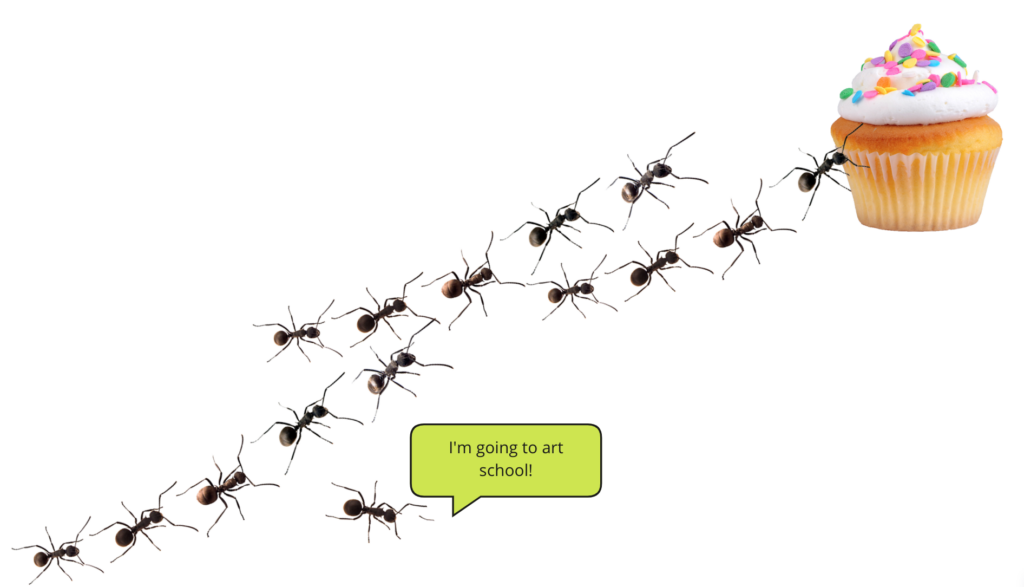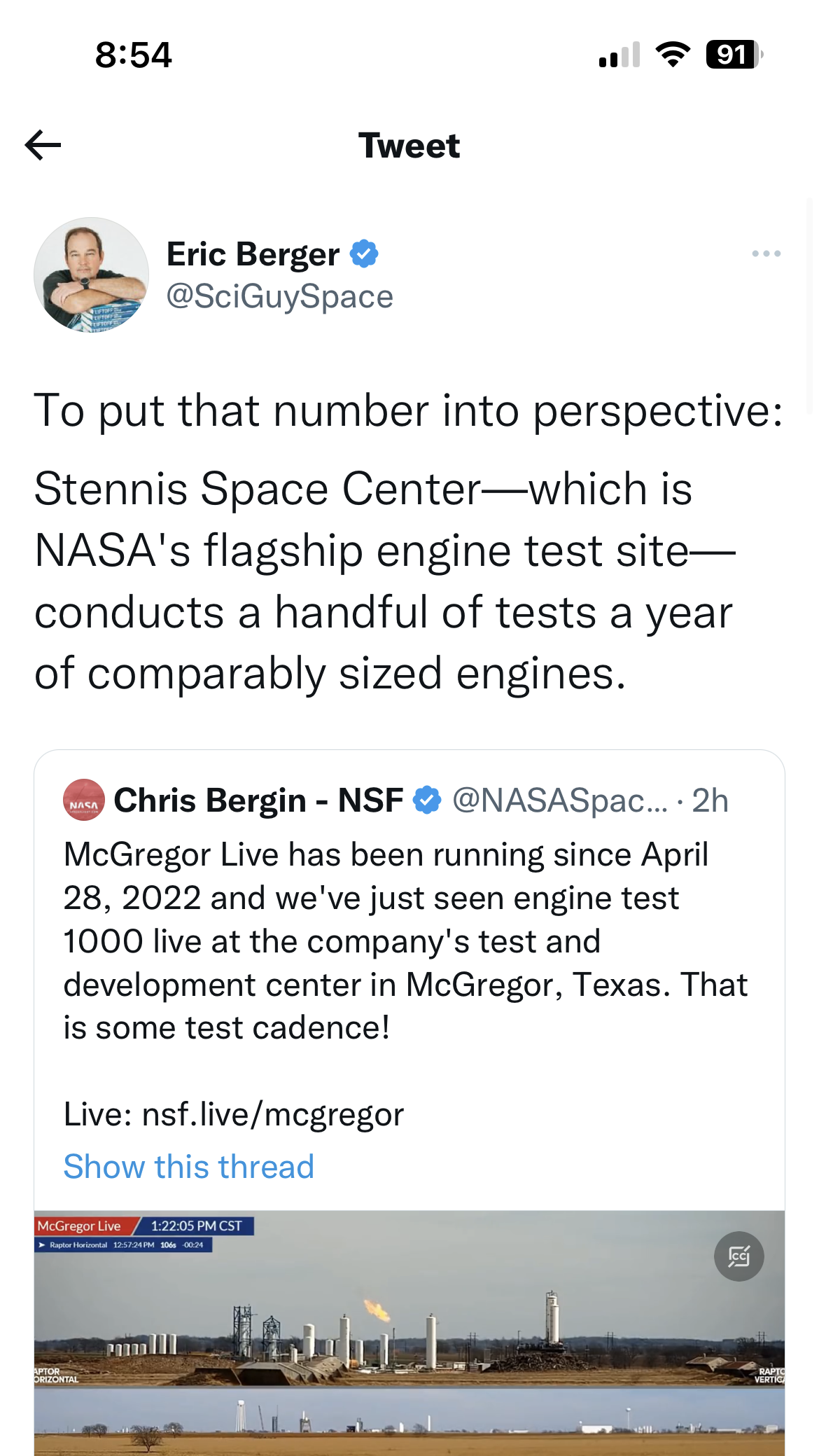💡 Our dominant institutions (government departments, corporations, traditional media) were all created before the internet. These institutions are losing their legitimacy as viable alternatives are created online. Late Stage Institutionalism Part 1

After finding a food source, ants will lay down a pheromone trail which leads other ants to the source of food at the end of the trail. Once the trail has been established, ants will pore from the the nest and collect the food and bring it home. A to B. B to A.

Every so often, one ant will stray off the trail to explore for alternative sources of food. If the original food source is plentiful then a small percentage of ants will stray off the main path. As the food source gets depleted, more ants will stray off the main path to explore for new food sources. The ants’ exploratory behaviour is a function of how much food is left.
Why am I telling you this story about ants? The same thing is happening today as the major institutions of the industrialised world are in the process of losing their legitimacy. People are looking for alternatives to these institutions. This loss of legitimacy is largely due to the internet where better fitted alternatives are emerging.
Let’s take a look at some examples below.
Traditional Media
The traditional media environment (television, radio and newspapers) is probably the best example of this trend. They have all been disrupted and replaced by a form of internet native media.
Many newspaper journalists have been replaced by direct to consumer publishing platforms. Whether that’s Twitter or Substack where I can have long form and long term conversations with my favourite thinkers.
I don’t think this trend is entirely driven by technology. Societal attitudes also matter. Email lists are functionally the same as many Substack newsletters but only recently have people become more accepting of reading and following individual writers.
Government Departments
SpaceX is not a company that is explicitly enabled by the internet but its ethos is one of an Internet startup. Specifically the ‘fail fast and fail often to succeed’ mentality. If we define the ability to conduct launch operations then SpaceX was more successful than NASA. In 2022 SpaceX launched roughly once every six days for a total of 61 launches.

Meanwhile NASA’s most high profile mission – the Space Launch System (SLS) had 2 scrubbed launch attempts. If it had scrubbed a 3rd time, it would have had to be rolled back to the hangar and refurbished.
Private Corporations
The biggest change within traditional corporations is that the viable size of the firm has become much smaller because the internet gives people more leverage, so that one person can achieve what it took 5-6 people to do in the past. The Internet has also lowered the cost of communicating to those outside the corporation. These two trends result in one thing. The minimum viable size of the corporation is getting smaller.
Xero has pulled out functions of the corporation (in this case accounting and payroll) into a separate company. Sites like Fiverr and Freelancer allow you to extend the core competencies of your company with 3rd party contractors. Eventually we will see a 1 Billion dollar company run by 1 person.
We have not yet seen an effective ‘internet-native’ version of the corporation. We came close with crypto DAO’s. But then again maybe that was a symptom of the bubble.
Here’s to this ant just exploring for new food sources 🐜
